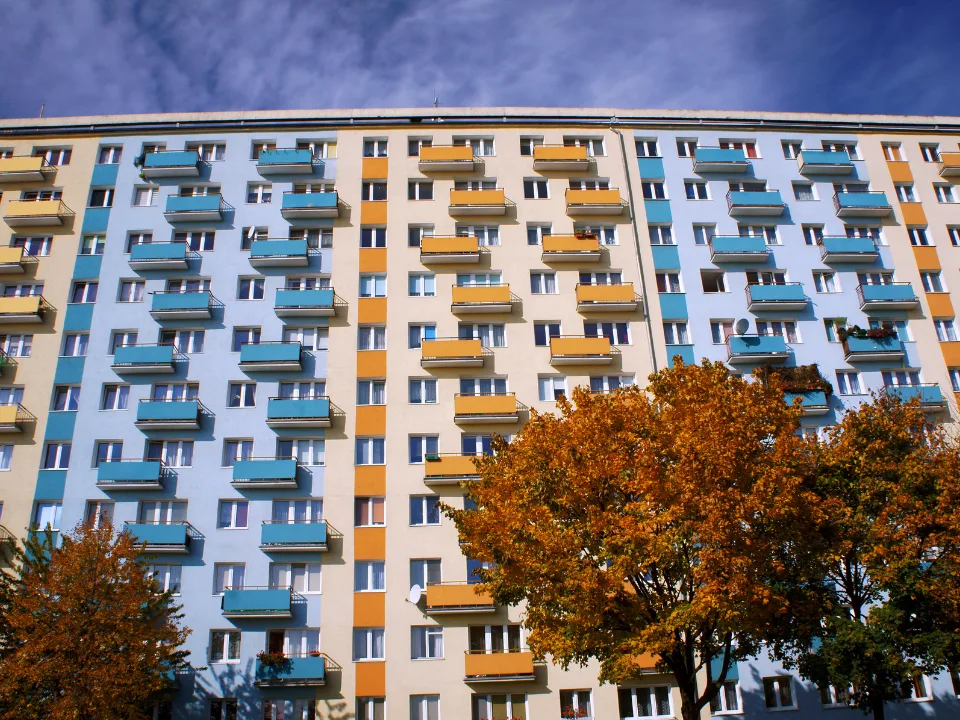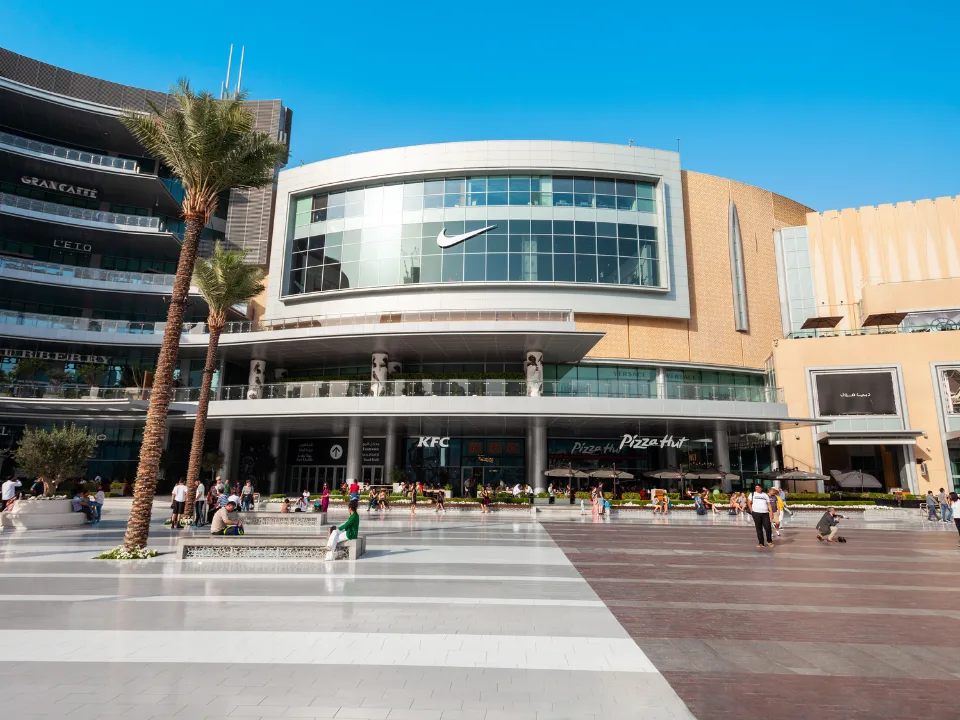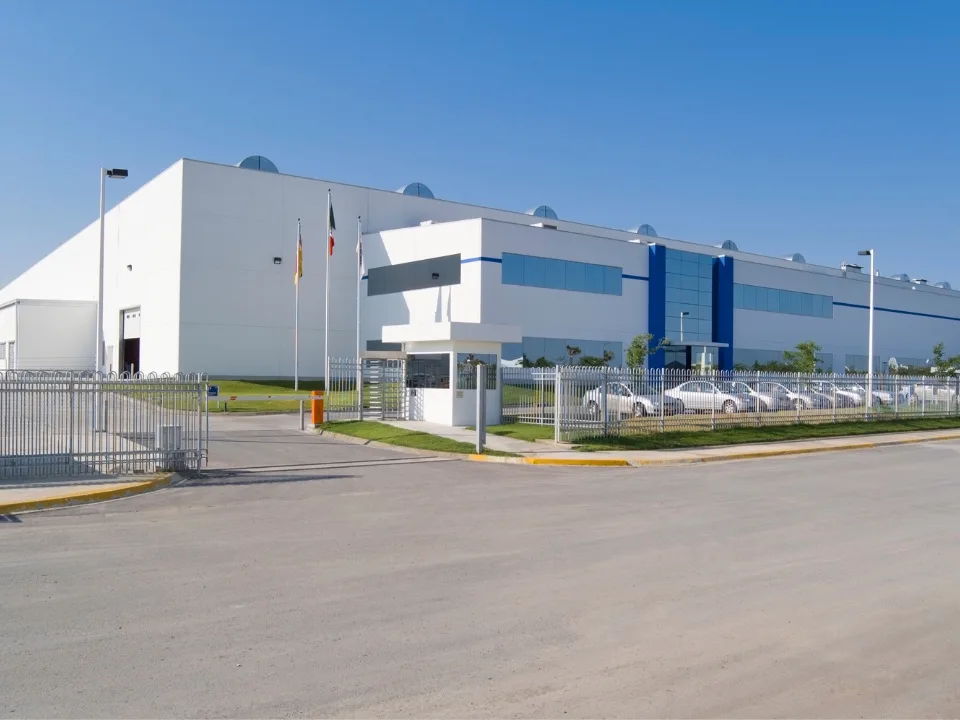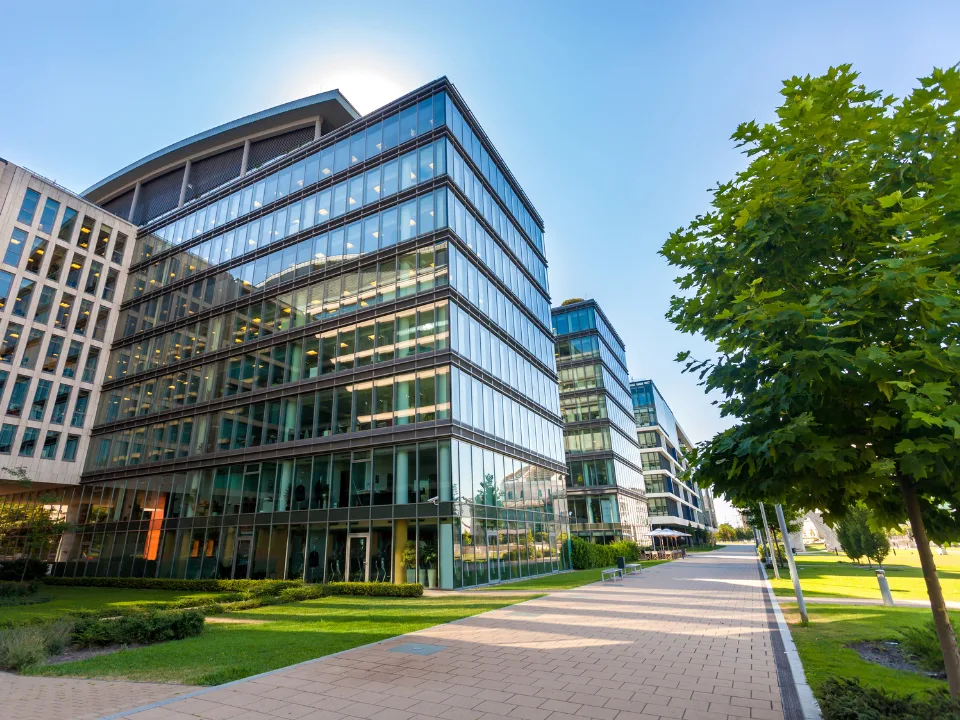Multifamily Buyer & Seller Confidence Ticks Up Despite Policy Uncertainty
Developers who built during the 2023–2024 boom now benefit from completing projects before a fresh round of tariffs drives up material costs.
Good morning. Q1 brought a notable shift in multifamily sentiment, with buyers and sellers aligning more closely, particularly around core investments. Underwriting assumptions remained stable, hinting at cautious optimism ahead.
Today's issue is sponsored by Lev—a CRE financing platform built for sponsors and brokers.
You currently have 0 referrals, only 1 away from receiving Multifamily Stress Test Model.
Market Snapshot
|
|
||||
|
|
*Data as of 04/16/2024 market close.
CONFIDENCE BOOST
Multifamily Buyer & Seller Confidence Ticks Up Despite Policy Uncertainty
Investor confidence in multifamily edged higher in Q125, as underwriting metrics stabilized—especially for core assets—even with rate-cut delays and looming policy shifts.
Signs of recovery: Core multifamily underwriting improved in Q125. CBRE reports going-in cap rates for core assets dropped 6 bps to 4.83%, while exit cap rates dipped to 5.00%. The average unlevered IRR target also fell to 7.58%, realigning with mid-2023 levels. Notably, the spread between going-in and exit cap rates widened to 19 bps—an indicator expected to persist as interest rates gradually ease.
Sentiment shifts: Buyer confidence in core multifamily surged, with 65% expressing positive sentiment, up sharply from 44% last quarter. Seller sentiment also became less bearish, with a shift toward neutrality. Value-add sentiment improved modestly, but remained more mixed.
Muted value-add outlook: Unlike core assets, value-add investments saw slightly weaker fundamentals. Going-in cap rates rose by 7 bps to 5.32%, while exit cap rates ticked up to 5.42%. The spread between these compressed for the second consecutive quarter, while IRR targets rose slightly to 9.81%, reflecting heightened investor caution.
Assumptions hold steady: Annual rent growth expectations over the next three years held firm at 2.7% for core and 3.1% for value-add assets. This stability suggests investors believe the market is regaining footing after a historic supply surge, even as new deliveries continue to hit the market.
Market movements: Cap rate compression occurred in seven of 19 markets, including Atlanta, Chicago, and Los Angeles, with Indianapolis being the only market that increased. In the value-add segment, Austin and Miami experienced declining cap rates, while four markets reported increases, indicating localized shifts in perceived asset risk.
➥ THE TAKEAWAY
Looking ahead: Investor optimism is cautiously returning to multifamily—especially on the core side—as underwriting stabilizes and rent assumptions hold. While value-add still faces headwinds, the overall tone of CBRE’s Q1 report hints at improving deal flow and more active capital placement as the year unfolds.
TOGETHER WITH LEV
Get the best CRE financing through real-time lender data
Lev’s CRE financing platform lets sponsors and brokers harness real-time lender data to get the best possible term sheets.
With Lev, you can access detailed profiles on thousands of lenders, including current programs, recent transactions and verified contacts.
When you’re ready to launch your deal, Lev’s algorithm will match you with the highest probability lenders, saving you time and increasing your certainty of execution.
CRE Daily readers can try Lev risk-free with a no-obligation free first deal.
*This is a paid advertisement. Please see the full disclosure at the bottom of the newsletter.
✍️ Editor’s Picks
-
Energy efficiency incentives: While the Inflation Reduction act supercharged Section 179D, offering bigger tax incentives for energy-efficient buildings, political hurdles could pose a challenge in the future. (sponsored)
-
Selling Snowbirds: Political tensions and a weak Canadian dollar are prompting Canadians to offload US vacation homes in droves, with concerns over tariffs, property rules, and rising hostility driving decades-long owners to cash out.
-
Orlando's tourism: Universal’s new 750-acre Epic Universe theme park is projected to generate $2B for Florida and over 17,500 new jobs in its first year, marking the biggest U.S. theme park debut in 25 years.
-
Rich revival: San Francisco’s ultra-wealthy are snapping up deeply discounted commercial real estate, betting on a high-risk, high-reward urban comeback fueled by AI optimism and civic pride.
-
Stadium comeback: Washington, D.C. is close to sealing a $3B deal with the Commanders to redevelop the RFK Stadium site into a new NFL stadium and mixed-use hub, aiming for kickoff by 2030.
🏘️ MULTIFAMILY
-
Renter surge: Renters accounted for over half of US household growth in 2024, as affordability challenges, lifestyle preferences, and new supply kept rental demand strong.
-
Conversion opportunity: Slate Property Group’s David Schwartz sees opportunity in conversions and housing awareness, but warns high borrowing costs and local resistance still threaten affordable development in NYC.
-
Board shakeup: Fannie Mae is getting a political jolt as Trump ally and anti-ESG investor Omeed Malik joins the board, signaling a sharp rightward shift in housing policy leadership.
-
Riverfront reboot: Biddle Real Estate, King Street Capital, and PCD Development just locked in $237.5M to refinance their ambitious Hudson River projects in Sleepy Hollow.
-
Conversion kickoff: Duball has broken ground on its $100M office-to-resi conversion in Dupont Circle, boosted by a rare DC tax abatement.
🏭 Industrial
-
Supply slump: South Atlanta’s industrial market saw new supply plummet to just 100 KSF in Q125—its lowest in a decade—as vacancy rose and rents showed mixed movement.
-
Industrial upgrade: RMR Group plans to convert a former office site near Philadelphia International Airport into a 477.5 KSF industrial facility, capitalizing on rising air cargo and distribution demand along the I-95 corridor.
-
Capital refresh: Seagis Property Group secured $184.2M in financing to refinance two fully leased industrial portfolios spanning 1.5 MSF across Miami-Dade and Northern New Jersey.
-
Scaled reset: The long-delayed Brooklyn Village redevelopment in Charlotte has been significantly downsized, with developers now scrapping market-rate units in favor of 250 affordable apartments and reduced retail.
🏬 RETAIL
-
Retail evolution: Five years after the COVID-19 lockdowns disrupted US retail, physical stores have not only recovered but thrived, reshaping consumer habits and proving brick-and-mortar’s staying power.
-
Asset unload: Mall landlord WPG is selling off its remaining portfolio and laying off 139 employees as it winds down operations, marking the final chapter in a years-long post-bankruptcy selloff.
-
Mall meltdown: A state judge has granted Wilmington Trust summary judgment in its foreclosure case against Palisades Center, pushing the 2.2 MSF NY mall closer to a potential dismantling and piecemeal sale.
-
Supermarket appeal: Out-of-state investors Sterling Organization and Phillips Edison & Co. shelled out nearly $89M for two Safeway-anchored East Bay shopping centers.
🏢 OFFICE
-
Anchor tenant: JPMorgan Chase will anchor a new 170 KSF office project in Fort Worth’s Crescent development, doubling its local footprint and reinforcing the area’s emergence as a financial hub.
-
Discount deal: The Prebys Foundation has acquired San Diego’s Wells Fargo Plaza for $40M—$108 million below its 2004 sale price.
🏨 HOSPITALITY
-
Booking breach: Fontainebleau Miami Beach is suing three South Florida brokerages for allegedly skirting its exclusive condo-hotel rental program by facilitating unauthorized Airbnb-style bookings at its Trésor and Sorrento towers.
A MESSAGE FROM HARVARD
Engage with Industry Experts on Real Estate's Future
Don’t miss the 2025 Real Estate Symposium on April 26th, hosted at the Harvard Business School.
Hear from keynote speaker Willy Walker, Chairman and CEO of Walker & Dunlop, discuss the most critical real estate trends. We’re bringing in a powerhouse lineup of speakers filled with top industry leaders from names such as:
Blackstone, Hines, Equinox, Goldman Sachs, WinnCompanies, and many more.
CRE Daily readers get 10% off with code CREDaily25.
*This is a paid advertisement. Please see the full disclosure at the bottom of the newsletter.
📈 CHART OF THE DAY

U.S. apartment rents are making a slow comeback, with year-over-year growth hitting 1.1% in March 2025—the highest since mid-2023—as demand begins to close the gap with supply.

You currently have 0 referrals, only 1 away from receiving Multifamily Stress Test Model.
What did you think of today's newsletter? |




















